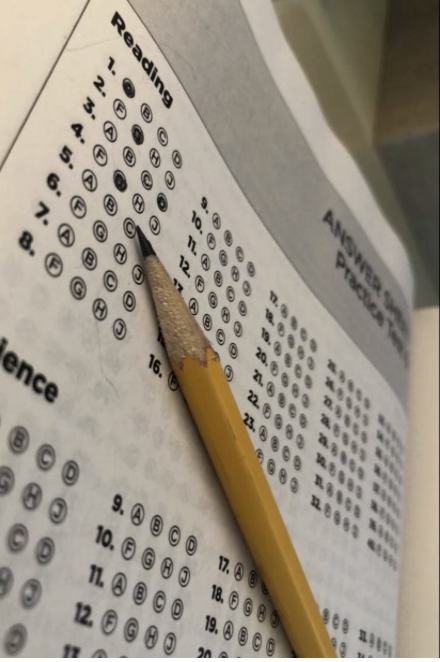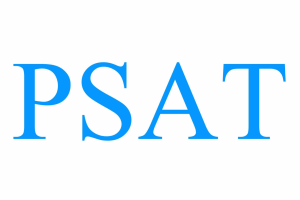Colleges’ test-optional policies lack benefits to applicants
Many universities have adopted new test optional policies, no longer requiring students to submit their ACT, SAT and subject test scores.
As News broke that many colleges are becoming test optional. While many students are celebrating the change, arguing that it will relieve pressure and increase their chances of getting into their dream schools, others are less enthusiastic.
These test-optional policies will ultimately work against students who have spent years preparing for the SAT and ACT, as well as restricting admissions officers in utilizing an important indicator of students’ abilities.
Students who have spent many hours on test preparation in attempts to strengthen their test-taking abilities and improve their future scores will ultimately be penalized with the new test-optional policy. According to Kaplan, the average student will spend between 10-20 hours studying for the ACT and SAT a week.
Because these tests are generally prominent indicators of students’ ability, the stakes are high as students try to obtain the best score possible and impress colleges by taking them multiple times. If the scores are now optional, only students who succeeded during the early offerings of the test will benefit from submitting their scores, which will make less of an impact.
In addition to time, many students spent a lot of money on test preparation courses and tutoring. An hour with a tutor can cost more than $100, and parents often spend thousands of dollars worth of tutoring sessions, test prep courses and testing books.
These changes will also prove to be inconvenient for admissions officers, allowing them one less measurement of capability for students. This will ultimately make acceptance more randomized and less based on a specific set of criteria which includes test scores.
Overall, while it is understandable why colleges would make these scores optional, it creates a disadvantage for the students who were planning on using their test scores to set them apart.






















































